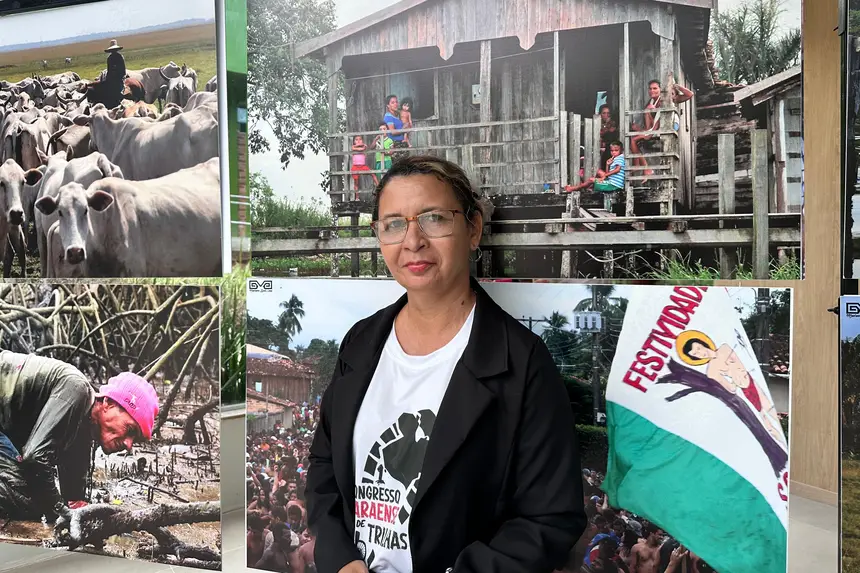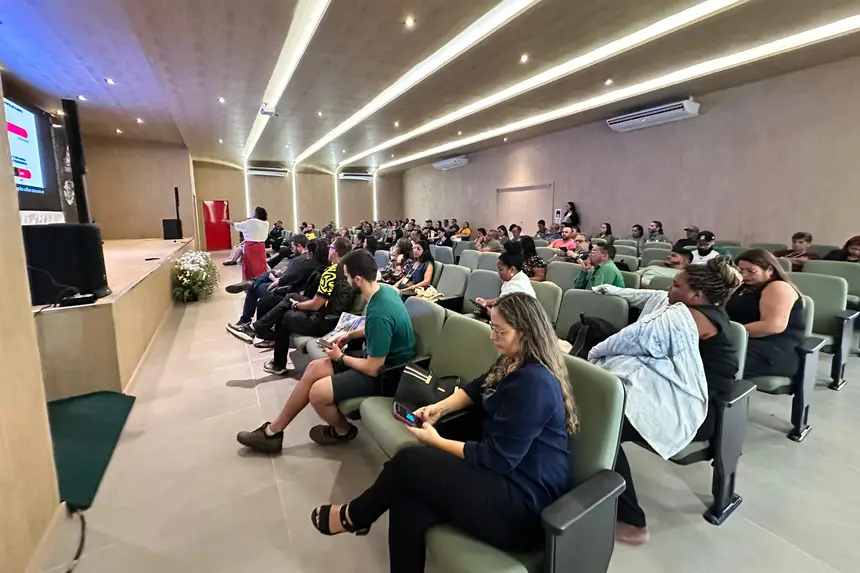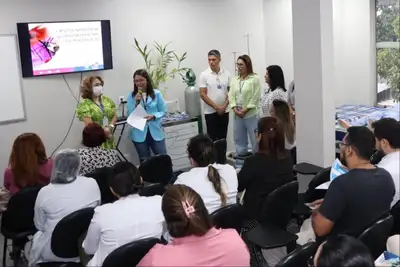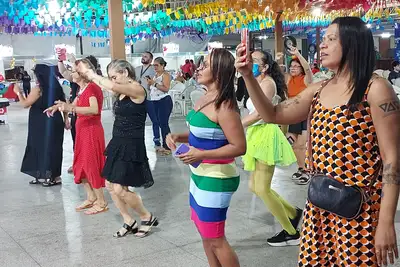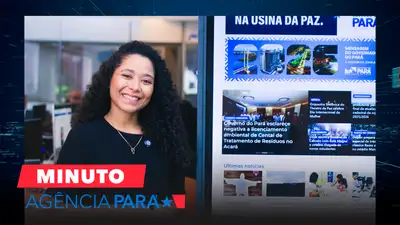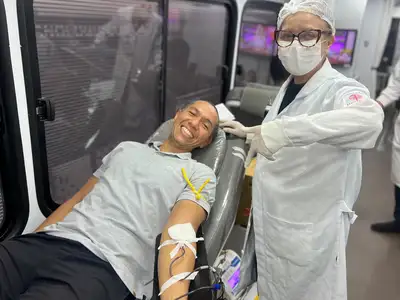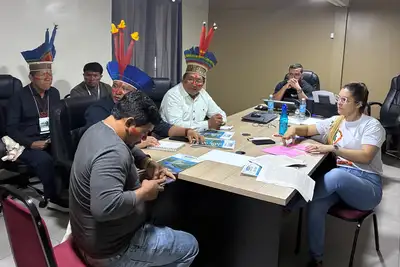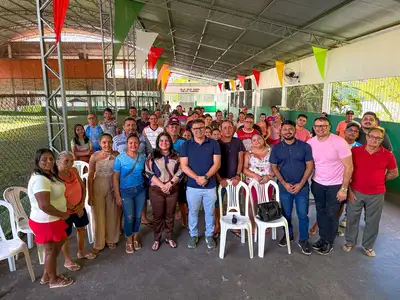Paraense Congress of Trails becomes an opportunity for IFPA Events students
Experts and managers discussed the future of ecotourism and environmental conservation in the State, and students put into practice what they learned in the classroom
The 1st Paraense Congress of Trails turned into a learning laboratory for students of the technical course in Events at the Federal Institute of Pará (IFPA), on September 15, 16, and 17, at the Institute of Forest Development and Biodiversity (Ideflor-Bio), in Belém. While experts and managers discussed the future of ecotourism and environmental conservation in the State, students put into practice what they learned in the classroom, experiencing a unique opportunity for organization and support for a regionally significant event.
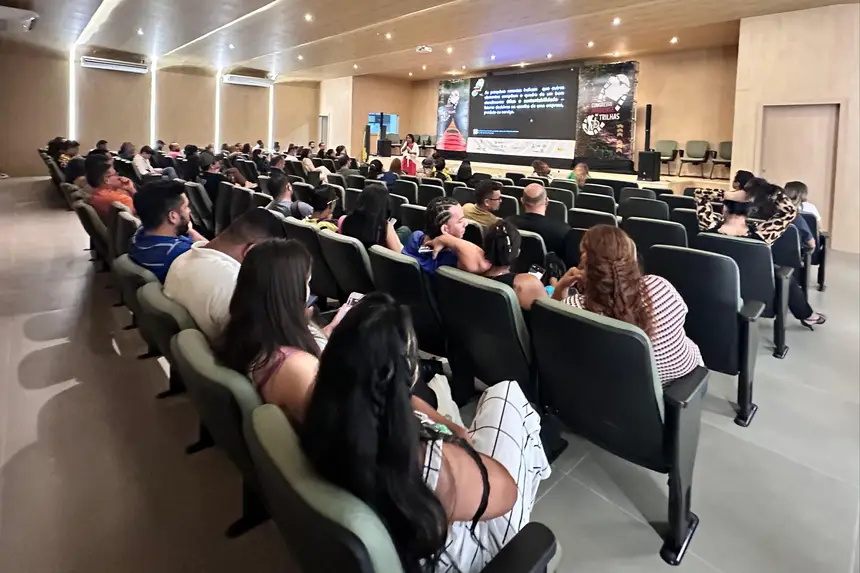
The congress, organized by the Trilha Amazônia Atlântica movement, brought together representatives from the Ministry of Tourism, Ministry of Environment and Climate Change, Ideflor-Bio, Chico Mendes Institute for Biodiversity Conservation (ICMBio), State Tourism Secretariat (Setur), Conservation International, Brazilian Trails Network, and other partner institutions.
The proposal was to strengthen the creation of ecological corridors, enhance existing trails, and consolidate Pará as a strategic ecotourism destination in Brazil. In this context, the presence of IFPA students goes beyond logistical support: it represents a bridge between technical training and the real demands of the market.
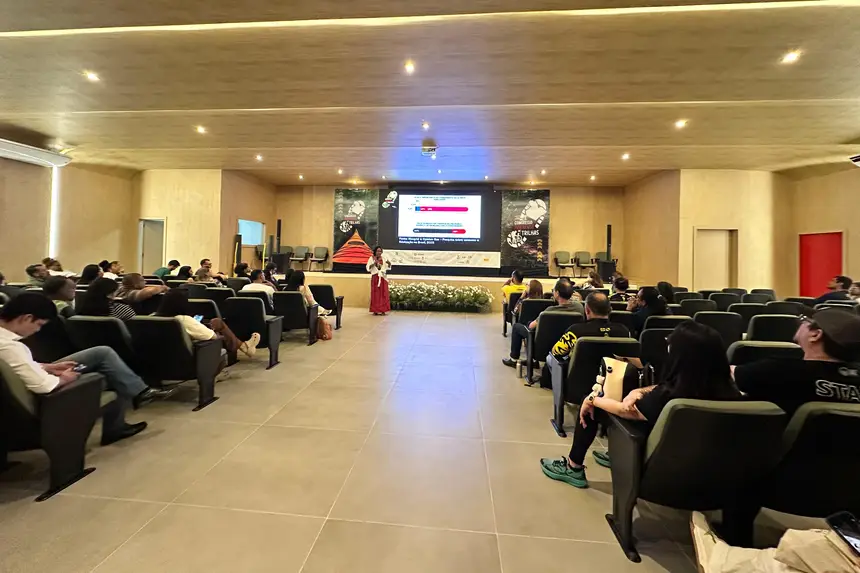
Experience - For Márcia Chagas, a student in the Events course, participating in the congress was a turning point in her academic and professional journey. “It was a rich experience because the Congress addressed various topics related to biodiversity and the trails of Pará. As event technicians, we are putting into practice everything we learned at IFPA, while also expanding our knowledge on topics that were not widely publicized, such as ecological trails. It’s a dual learning experience, in the area of events and the environment,” she highlighted.
In addition to professional practice, students are attentive to the future, especially with the upcoming United Nations Climate Change Conference, COP30, in Belém. For Márcia, “the training in Events has greatly broadened my horizons. Today I can see paths to work in large companies or even invest in my own business focused on Community-Based Tourism. This experience showed me that there are many opportunities in the sector, and that I can prepare to take advantage of them,” she added.
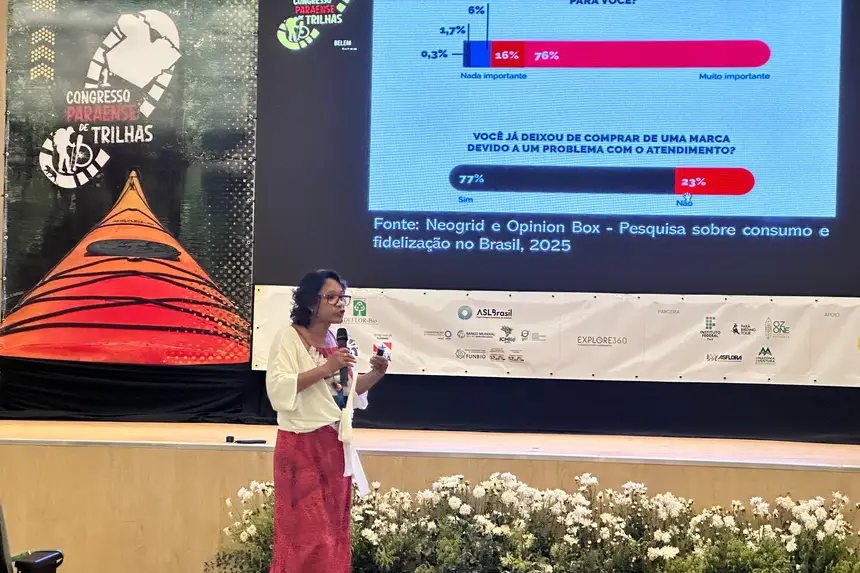
Cooperation - The coordinator of the Events course at IFPA, Neila Cabral, emphasized that the partnership with Ideflor-Bio is strategic for the comprehensive training of students. “Our methodology prioritizes that everything the student learns in theory is experienced in practice. The Congress is an example of this, as it combines event organization with sustainability and environmental themes, which are part of the tourism and hospitality axis. We believe that experiences like this prepare our students not only to earn a diploma but to qualify the job market and act with social and environmental responsibility,” she explained.
Neila Cabral also highlighted that the experience gained at the event directly relates to the legacy of COP30. According to her, the courses at IFPA are aligned with the National School of Tourism, launched in partnership with the Ministry of Tourism to ensure a qualified workforce before, during, and after the climate conference. “These students are already being inserted into a real scenario, and they will certainly be absorbed by the market,” said the coordinator.
For the president of the Brazilian Trails Network and manager of the Administrative Region of Belém at Ideflor-Bio, Júlio Meyer, the integration between the Congress and the academic training at IFPA is a collective gain. “Students have the chance to learn in practice how a large-scale event works, while also coming into contact with the importance of trails for tourism, conservation, and the quality of life of the population. It’s an opportunity to train more conscious professionals, who carry with them not only event organization techniques but also values related to sustainability and the appreciation of the Amazon,” he stated.



